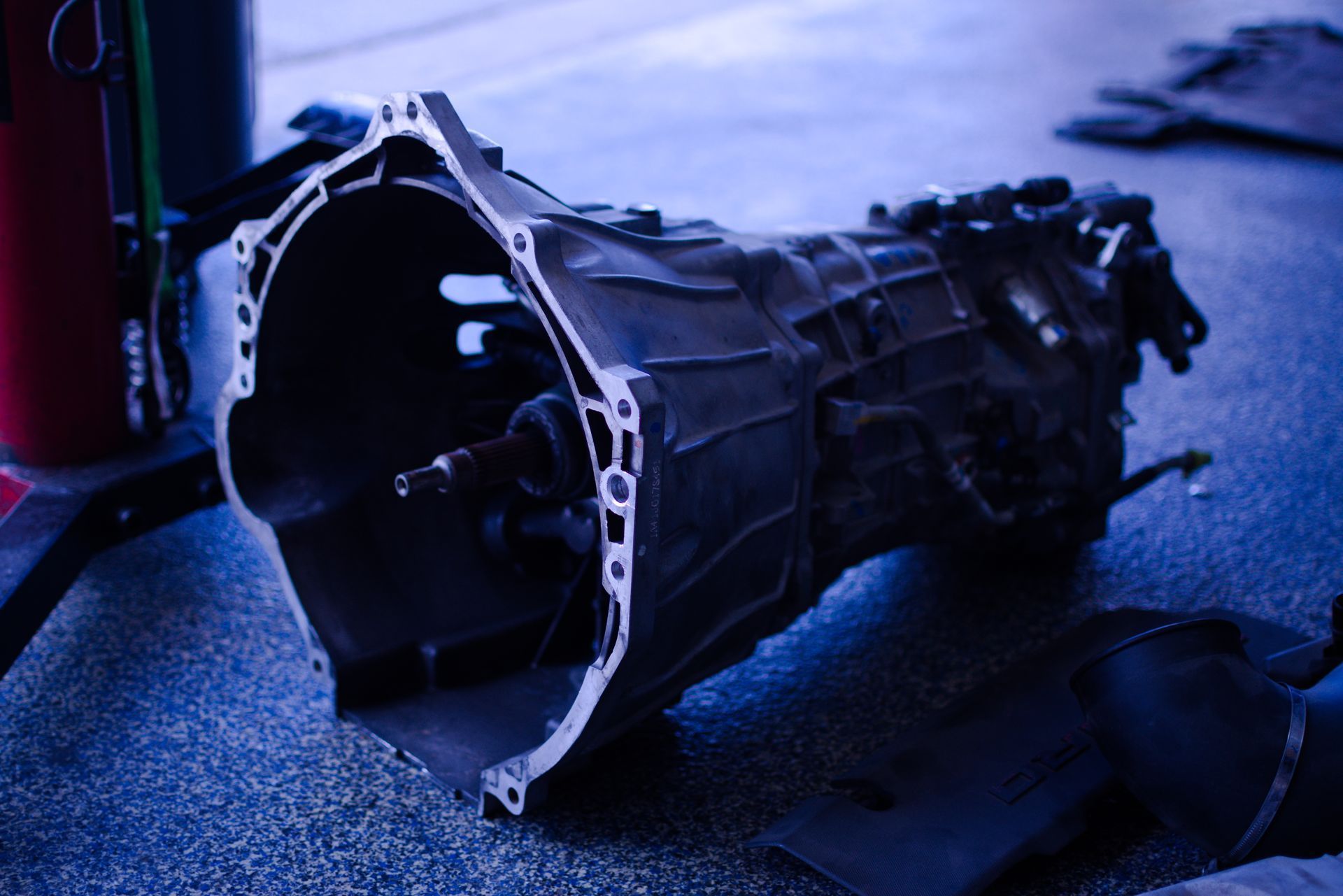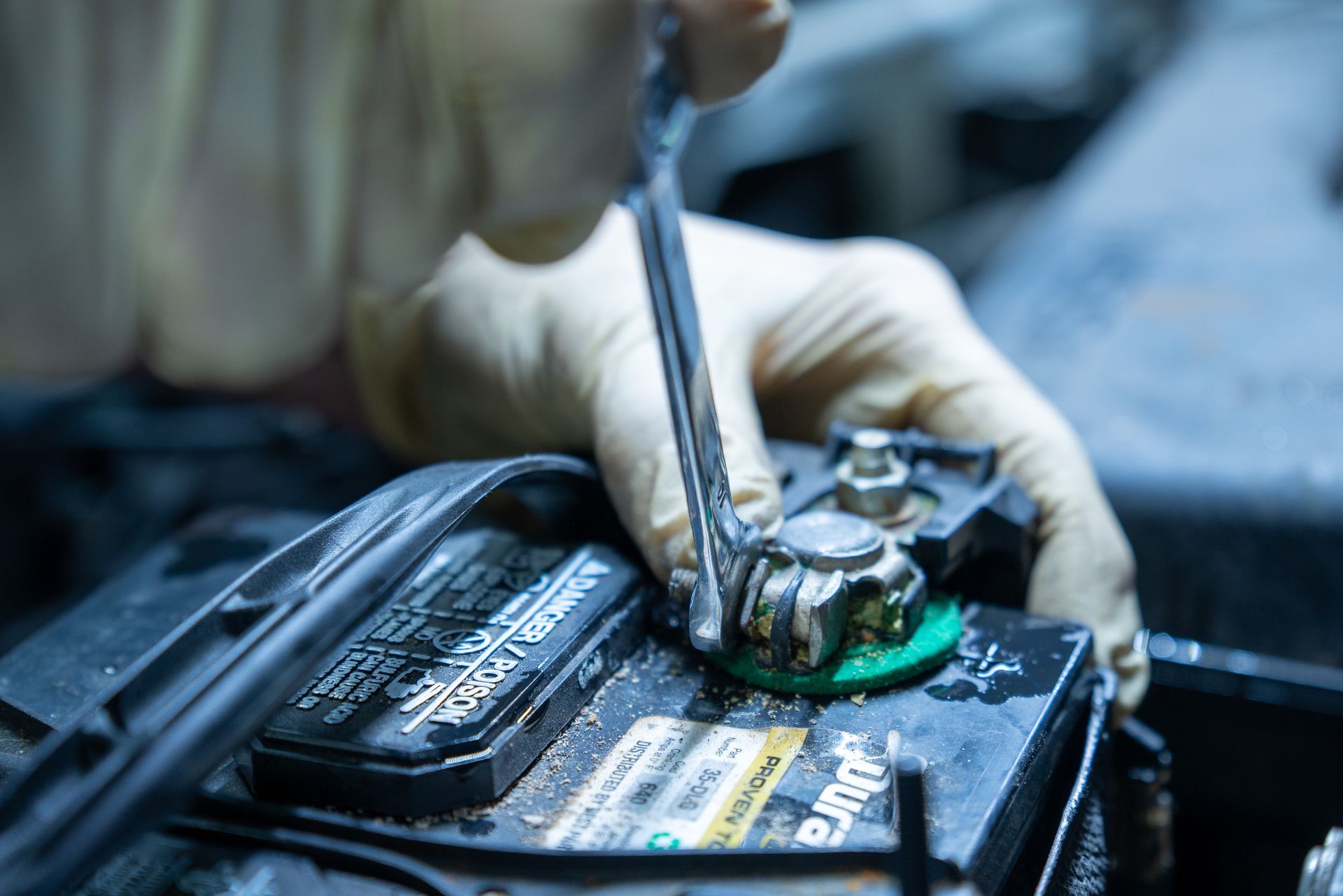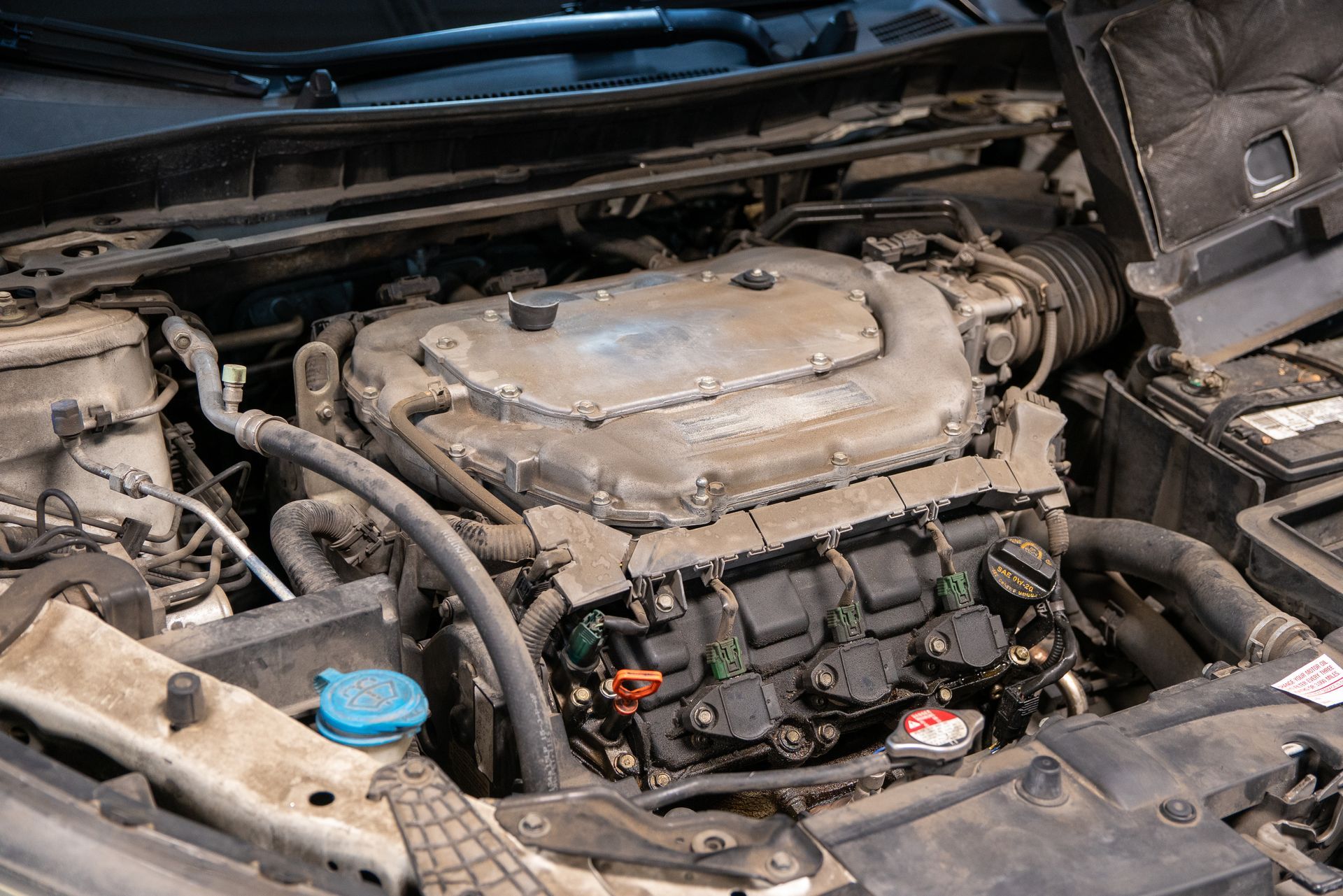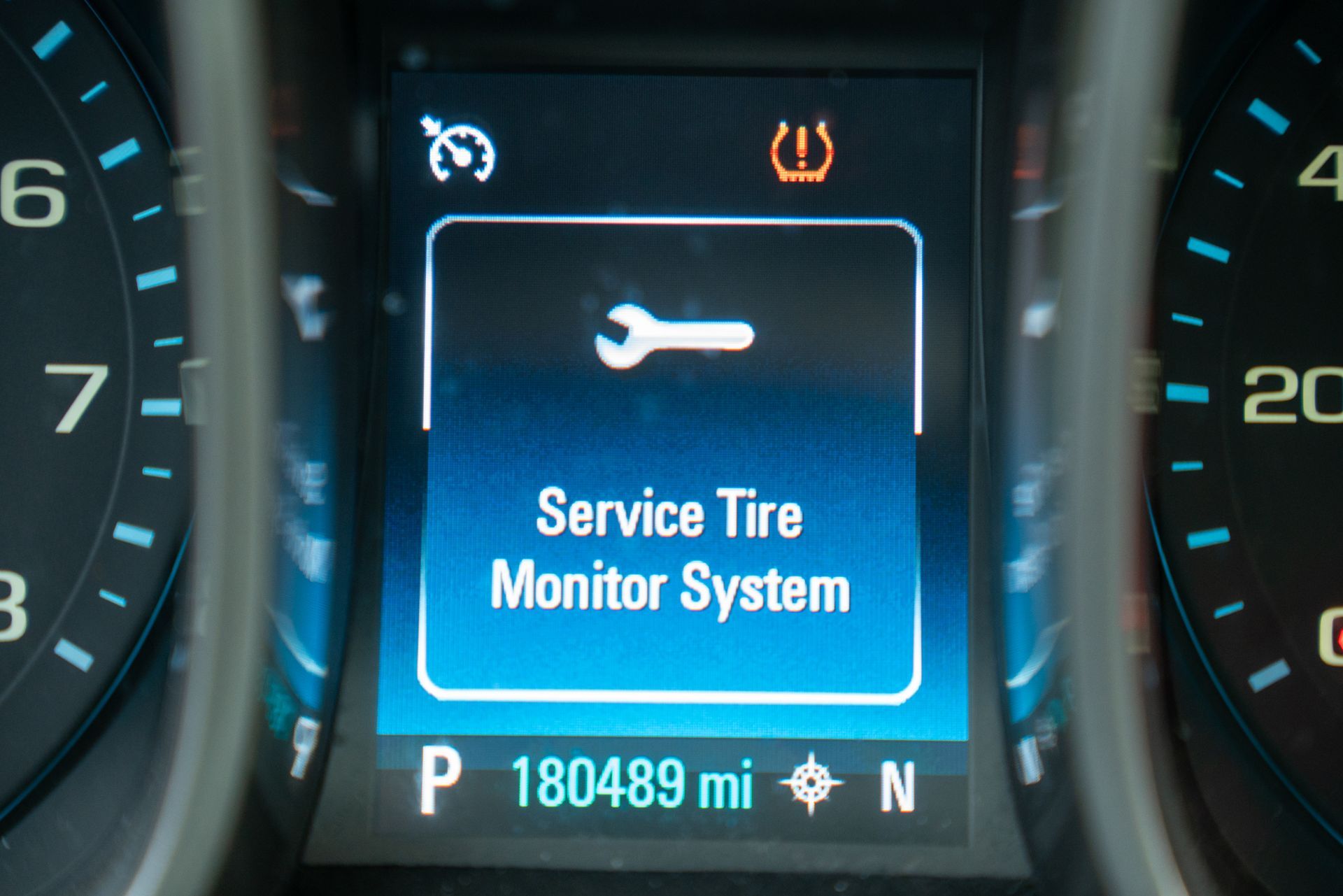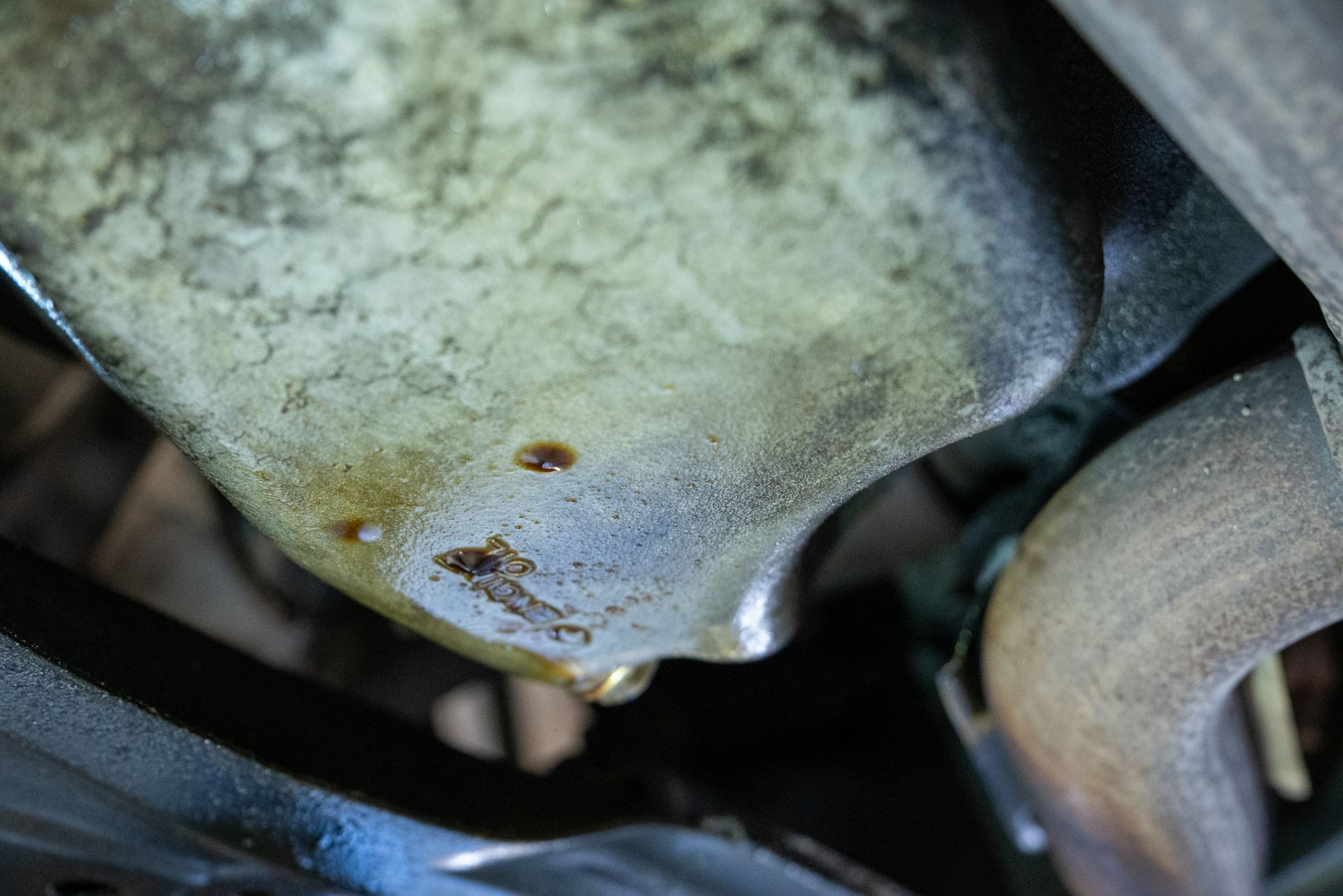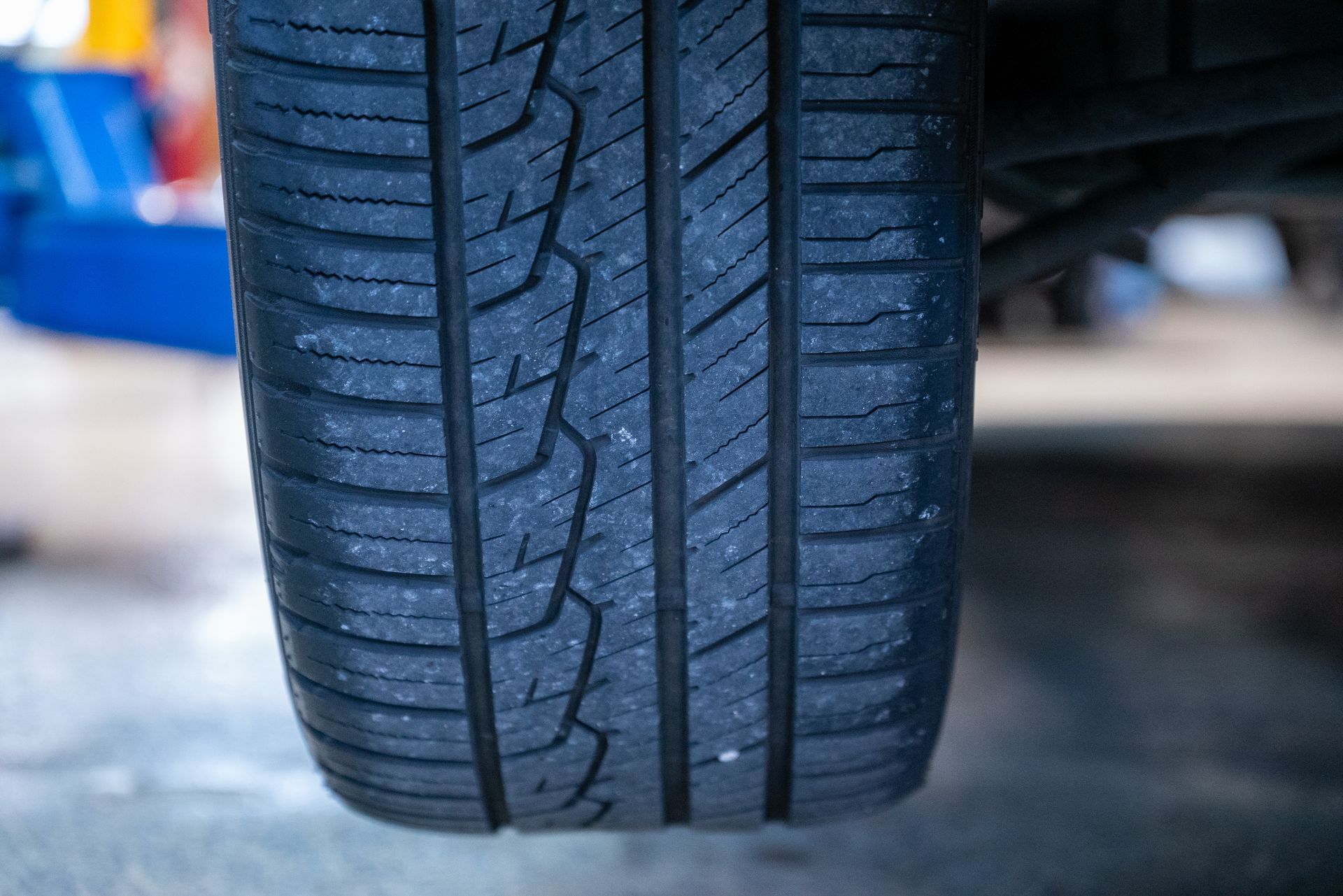Your vehicle’s transmission is like the heart of your car’s power system.
It takes the engine's power and sends it to the wheels, helping your car to move smoothly and efficiently. Whether you have an automatic or manual transmission, keeping it in good shape is crucial for your car’s performance and longevity.
Why Transmission Maintenance Is Important
Regular transmission maintenance is essential because it helps avoid costly repairs and extends the life of your vehicle. Think of it like regular check-ups at the doctor; just as you need to take care of your health to avoid bigger issues, your car's transmission needs attention to keep it running smoothly.
1. Smooth Operation: A well-maintained transmission ensures that your car shifts gears smoothly. If your transmission isn’t working right, you might experience rough or jerky shifting, which can be uncomfortable and damaging to the transmission.
2. Prevent Costly Repairs: Regular maintenance can help you catch problems early before they become major issues. For example, if you notice a small leak or strange noise and get it checked out, you might avoid more expensive repairs down the line.
3. Improve Vehicle Performance: A healthy transmission helps your car accelerate smoothly and respond quickly. This means better overall driving performance and a more enjoyable ride.
Common Transmission Issues
Both automatic and manual transmissions can experience problems, and recognizing these issues early can help you get them fixed before they become serious.
Slipping Gears:
If your car’s engine revs up but your car doesn’t accelerate as expected, your transmission might be slipping.
Delayed Shifting:
You might notice a delay or hard jolt when the transmission shifts gears.
Warning Lights:
The transmission warning light on your dashboard indicates that there could be a problem.
Hard to Shift Gears:
Difficulty changing gears or grinding noises can signal problems with your manual transmission.
Clutch Problems
: If your clutch feels soft or spongy, or if it’s hard to engage, you might have a clutch issue.
Difficulty Getting Into Gear:
If you have trouble getting your car into gear, it might be a sign of a problem with the transmission.
Tips for Extending the Life of Your Transmission
Whether you have an automatic or manual transmission, here are some tips to help keep it running smoothly:
1. Regular Fluid Checks:
Transmission fluid lubricates the moving parts inside the transmission. Check the fluid level regularly and top it off if needed. If you notice that the fluid is dirty or has a burnt smell, it might be time for a change.
2. Follow the Manufacturer’s Maintenance Schedule:
Your car’s owner’s manual will have a maintenance schedule for your transmission. Follow these guidelines to keep your transmission in good condition.
3. Avoid Overloading Your Vehicle:
Excessive weight can strain your transmission and cause overheating. Try to avoid towing heavy loads or carrying more weight than your car is designed to handle.
4. Smooth Driving
: Avoid rapid acceleration and hard braking, as these driving habits can put extra stress on your transmission. Gentle, smooth driving can help extend the life of your transmission.
5. Address Issues Promptly:
If you notice any signs of transmission trouble, such as unusual noises or difficulty shifting, have it checked out by a professional right away. Early detection and repair can prevent more serious damage.
By taking care of your transmission with regular maintenance and being aware of common issues, you can keep your car running smoothly and avoid expensive repairs. If you have any questions or need to schedule a transmission check, feel free to visit us at David’s Automotive Repair. We’re here to help keep your vehicle in top shape!
